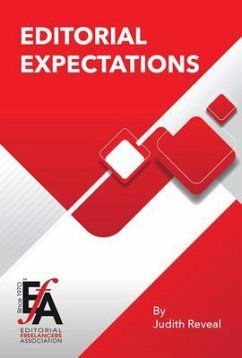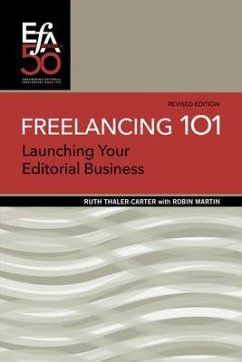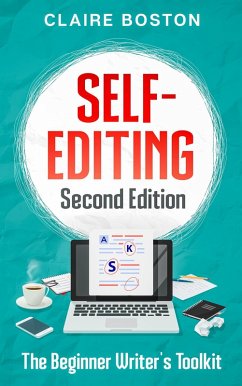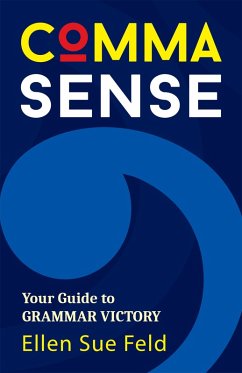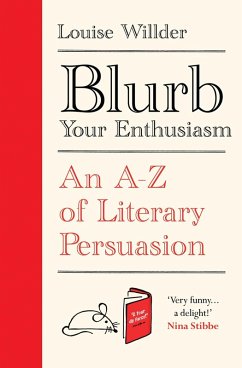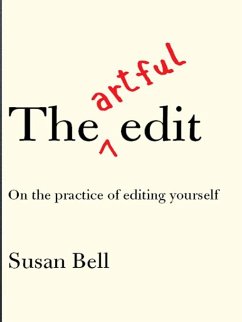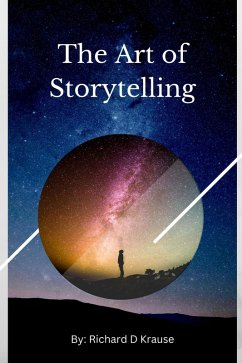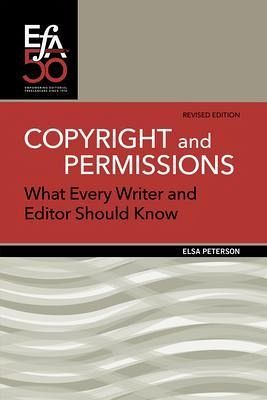
Copyright and Permissions (eBook, ePUB)
What Every Writer and Editor Should Know
Versandkostenfrei!
Sofort per Download lieferbar
7,99 €
inkl. MwSt.
Weitere Ausgaben:

PAYBACK Punkte
4 °P sammeln!
Copyright can often be a perplexing topic, but not understanding it well can land you in legal hot water. Copyright and Permissions: What Every Writer and Editor Should Know gives you the practical knowledge you need - what copyright is, how it works, its role in the digital landscape - and walks you through the permissions process, offering useful samples and step-by-step advice for finding work as a permissions editor.While debunking common misconceptions about copyright, author Elsa Peterson lucidly explains how copyright is established, how long it lasts, and what type of material is eligi...
Copyright can often be a perplexing topic, but not understanding it well can land you in legal hot water. Copyright and Permissions: What Every Writer and Editor Should Know gives you the practical knowledge you need - what copyright is, how it works, its role in the digital landscape - and walks you through the permissions process, offering useful samples and step-by-step advice for finding work as a permissions editor.
While debunking common misconceptions about copyright, author Elsa Peterson lucidly explains how copyright is established, how long it lasts, and what type of material is eligible. You'll learn the meaning and scope of public domain and ways to navigate the murky parameters of fair use.
You'll also grasp how the concept of copyright has shifted in the age of digital communication and the ramifications of the Digital Millennium Copyright Act (DMCA) and other legislation that addressed the novel issues created by evolving technologies. Email, texting, social media, and other avenues of online sharing have made it more difficult to control copyright infringement. This book provides concrete examples of the scenarios editors may confront when they seek permission to use material from these sources, as well as from digital collaboration projects and open-access initiatives like Creative Commons.
Along with a solid grounding in copyright principles, you'll get a detailed introduction to the permissions editing process and learn how to:
And you'll discover the types of organizations that hire freelance permissions editors and strategies for getting your foot in the door.
A successful permissions editor needs to be equal parts detective, negotiator, and diplomat. This book shows you how to fill those roles with tact and confidence, so you can expand your repertoire and grow your freelance editing business
While debunking common misconceptions about copyright, author Elsa Peterson lucidly explains how copyright is established, how long it lasts, and what type of material is eligible. You'll learn the meaning and scope of public domain and ways to navigate the murky parameters of fair use.
You'll also grasp how the concept of copyright has shifted in the age of digital communication and the ramifications of the Digital Millennium Copyright Act (DMCA) and other legislation that addressed the novel issues created by evolving technologies. Email, texting, social media, and other avenues of online sharing have made it more difficult to control copyright infringement. This book provides concrete examples of the scenarios editors may confront when they seek permission to use material from these sources, as well as from digital collaboration projects and open-access initiatives like Creative Commons.
Along with a solid grounding in copyright principles, you'll get a detailed introduction to the permissions editing process and learn how to:
- Examine a manuscript to identify all the material that requires permission
- Create and use a permissions database or log
- Contact a copyright holder and submit a permission request letter
- Prepare acknowledgments and negotiate fees
And you'll discover the types of organizations that hire freelance permissions editors and strategies for getting your foot in the door.
A successful permissions editor needs to be equal parts detective, negotiator, and diplomat. This book shows you how to fill those roles with tact and confidence, so you can expand your repertoire and grow your freelance editing business
Dieser Download kann aus rechtlichen Gründen nur mit Rechnungsadresse in A, D ausgeliefert werden.




